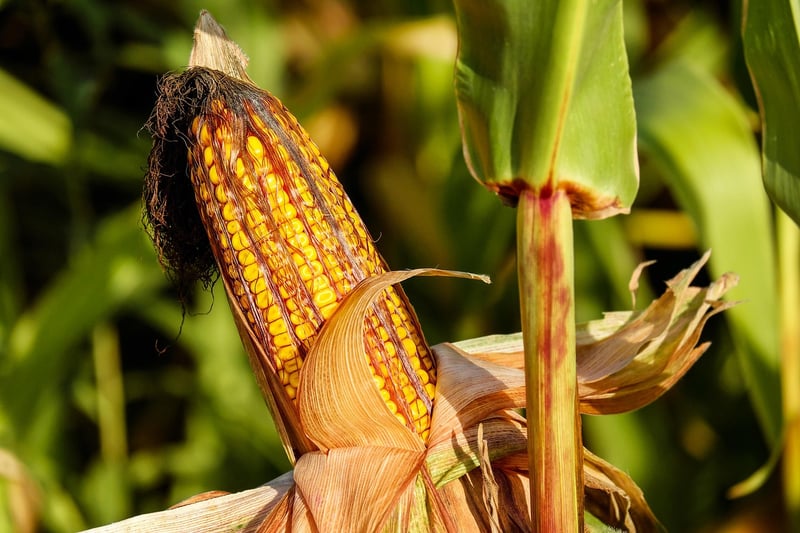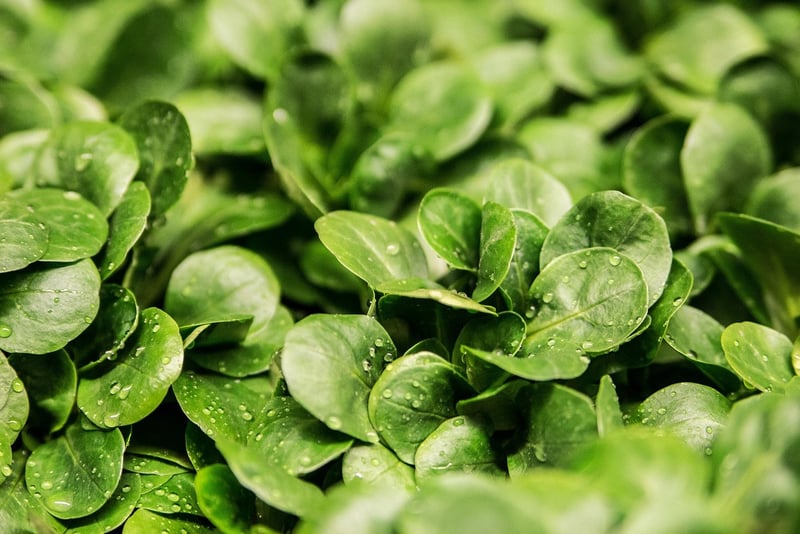Hydroponic Systems
The Future of Agriculture: Innovative Crop Cultivation with Hydroponic Systems

In recent years, traditional agricultural practices have been revolutionized by the introduction of hydroponic systems. This innovative method of crop cultivation is changing the way we think about farming and food production.
What is Hydroponics?
Hydroponics is a soil-less method of growing plants using nutrient-rich water solutions. Instead of relying on soil to provide nutrients to the plants, hydroponic systems deliver essential minerals directly to the plant roots. This allows for more efficient nutrient uptake and faster growth rates.
Benefits of Hydroponic Systems
- Water Conservation: Hydroponic systems use up to 90% less water than traditional soil-based farming.
- Space Efficiency: Hydroponic setups can be implemented in urban areas or small spaces, maximizing land use.
- Higher Yields: Plants grown hydroponically often produce larger yields in a shorter amount of time.
- Pest and Disease Control: Since hydroponic systems are soil-less, they are less susceptible to pests and diseases.
Types of Hydroponic Systems
There are several types of hydroponic systems, including:
- Deep Water Culture (DWC)
- Nutrient Film Technique (NFT)
- Vertical Hydroponics
- Aeroponics
Future of Agriculture
The integration of hydroponic systems into agriculture represents a significant step towards sustainable and efficient food production. As the world's population continues to grow, innovative farming methods like hydroponics will play a crucial role in ensuring food security and environmental sustainability.
If you are interested in exploring the world of hydroponics and its benefits, consider setting up your own hydroponic system and experience the joy of growing fresh, healthy produce right in your own home!
Join the hydroponic revolution today!
